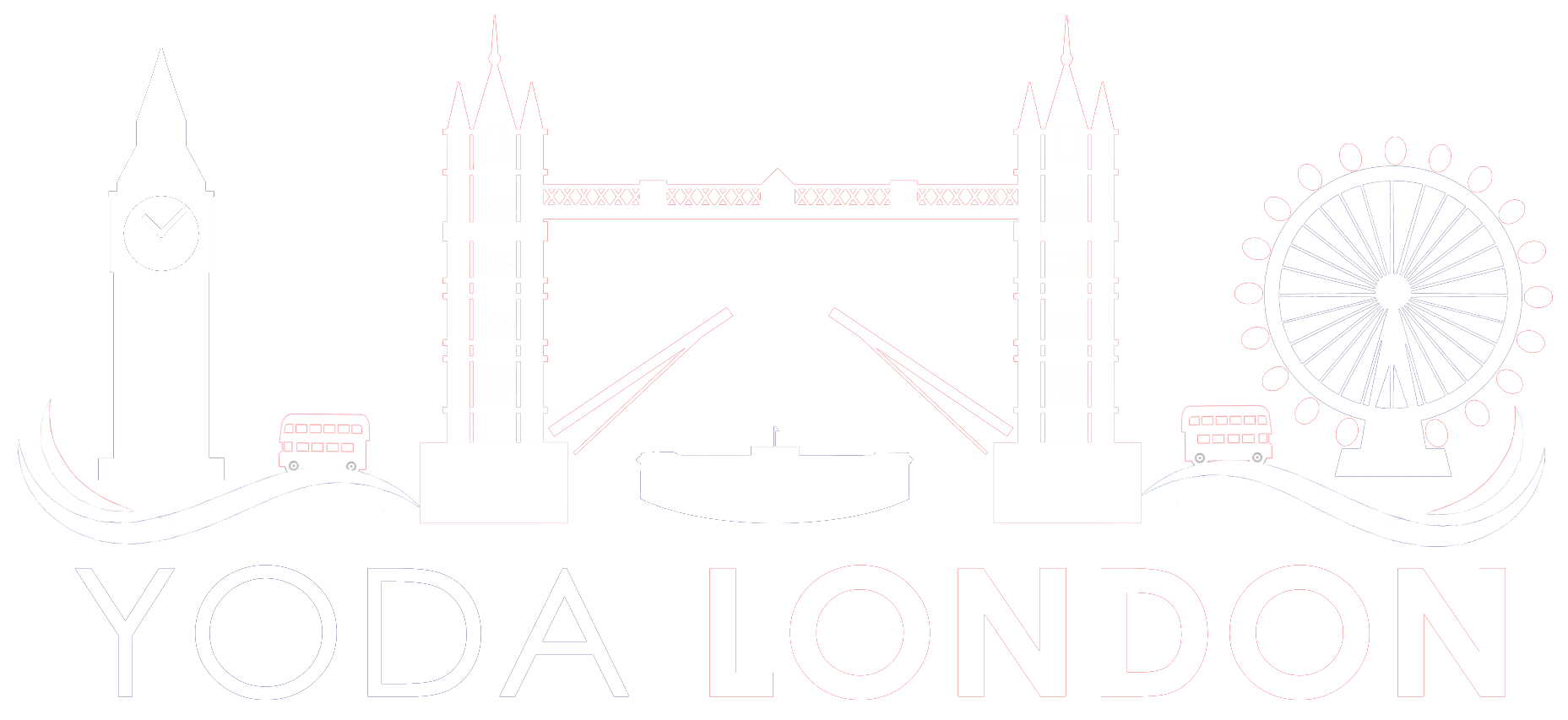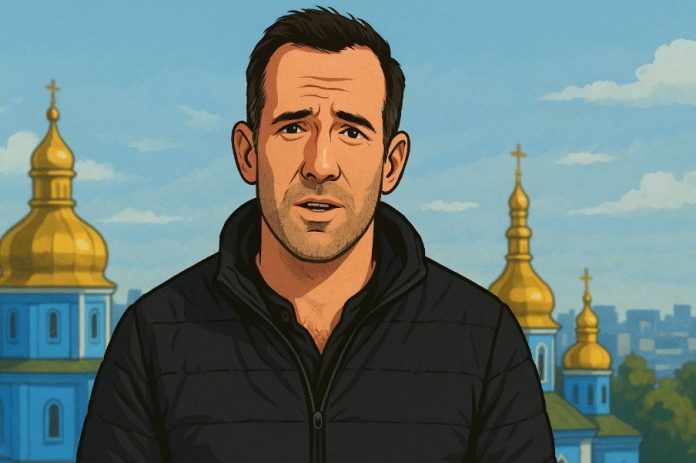Table of Contents
In the world of international journalism, voice and clarity are just as important as credibility and accuracy. Hugo Bachega, a prominent BBC journalist, has captured the attention of global viewers not only through his sharp reporting but also through his distinctive accent.
As audiences grow more diverse, so too do the accents of the people delivering the news. In Hugo Bachega’s case, his accent has become a talking point an unmistakable marker of his identity.
This blog explores the origins, influences, and perceptions of Hugo Bachega’s accent and how it has come to represent a new wave of authenticity in modern media.
Who Is Hugo Bachega?
 Hugo Bachega is a respected foreign correspondent currently reporting for the BBC. Originally from Brazil, he has built an impressive journalistic career, covering critical global events from conflict zones to political hotspots.
Hugo Bachega is a respected foreign correspondent currently reporting for the BBC. Originally from Brazil, he has built an impressive journalistic career, covering critical global events from conflict zones to political hotspots.
Born into a Portuguese-speaking country and having worked extensively in English-speaking environments, his accent reflects a blend of cultural and linguistic elements.
His career path took him from local Brazilian media to international journalism, which required not just linguistic fluency but also adaptability in tone, pronunciation, and audience communication. English is not his first language, but years of working in English-speaking media have refined his spoken delivery.
How Has Hugo Bachega’s Brazilian Heritage Influenced His Accent?
Portuguese, the official language of Brazil, shapes the phonetics and rhythm of Hugo Bachega’s English speech.
Brazilian Portuguese has a melodic and expressive tone, often featuring elongated vowels and a distinct musicality. These traits sometimes carry over into English, creating a subtle but noticeable difference in intonation.
Additionally, the Brazilian influence might result in softer consonants and a unique rhythm in sentence delivery. While his pronunciation is highly intelligible to English audiences, there are occasional hints of his native phonological patterns, which contribute to the uniqueness of his accent.
What Role Did the BBC Play in Shaping Hugo Bachega’s Voice?
Working at the BBC, a broadcaster known for its linguistic clarity and journalistic excellence, likely had a considerable impact on Bachega’s speaking style.
The BBC has long upheld high standards for spoken English, especially for those delivering news to an international audience. However, the modern BBC embraces diversity, including a wide range of regional and international accents.
Rather than enforcing a strict British pronunciation, the BBC now encourages authenticity and professionalism. For Bachega, this meant refining his English while retaining elements of his Brazilian identity, allowing his voice to stand out while remaining professional and clear.
How Do Multilingual Journalists Like Hugo Bachega Develop Their Speaking Style?
 Multilingual journalists often face the challenge of navigating between different phonetic systems. Speaking multiple languages can influence how certain sounds are produced, particularly when switching between languages with different stress patterns or consonant rules.
Multilingual journalists often face the challenge of navigating between different phonetic systems. Speaking multiple languages can influence how certain sounds are produced, particularly when switching between languages with different stress patterns or consonant rules.
Over time, a journalist like Hugo Bachega may develop a “neutral” international English accent that blends elements of their native tongue with global English norms.
This kind of hybrid accent is not only functional but also strategic. It helps in establishing clarity for diverse audiences while retaining a unique identity.
Bachega’s accent is likely the product of both conscious adaptation and natural linguistic blending from years of multilingual communication.
Is Hugo Bachega’s Accent Considered a Non-Native English Accent?
Yes, Hugo Bachega’s accent is considered non-native, as English is not his first language. However, in the context of global journalism, the term “non-native” is increasingly seen as a technical distinction rather than a qualitative judgment. His accent is clear, confident, and professional, easily understood by English-speaking audiences.
What distinguishes his accent is not a heavy foreign influence, but a subtle tonal variation that signals his international background. Listeners may detect Brazilian undertones, but these do not interfere with comprehension instead, they enrich his vocal identity.
How Does Hugo Bachega’s Accent Compare to Other BBC Correspondents?
The BBC features a wide variety of accents, from regional British voices to international correspondents like Lyse Doucet, Christian Fraser, and Orla Guerin. Bachega fits well into this global mix. His accent is less “British” than some of his colleagues, but more neutral than others from non-English speaking countries.
This diversity reflects the BBC’s commitment to international storytelling. In this context, Bachega’s accent complements rather than contrasts with the broadcaster’s wider linguistic landscape. His voice, like many of his peers, reflects the global nature of modern journalism.
What Do Experts Say About Accents in International Journalism?
 Linguists and communication experts argue that accent is no longer a barrier in international journalism so long as clarity is maintained.
Linguists and communication experts argue that accent is no longer a barrier in international journalism so long as clarity is maintained.
In fact, a growing number of viewers appreciate hearing diverse voices and accents on the news, as it reflects a more accurate representation of the world.
Accents also play a psychological role in how messages are received. Studies show that while certain biases may still exist, especially toward non-native speakers, these are diminishing as audiences become more globally oriented.
Hugo Bachega’s accent exemplifies this shift where uniqueness can be an asset, not a drawback.
Can an Accent Impact a Journalist’s Credibility or Public Image?
Historically, a non-native or strong regional accent could influence how a journalist was perceived in terms of authority and professionalism. But the tide is changing. Audiences today are more interested in what is being said rather than how it’s said as long as the message is clear.
Bachega’s career success and his recurring presence on major BBC reports demonstrate that his accent has not hindered his public image. If anything, it adds to his identity as a seasoned global reporter with lived international experience.
What Makes Hugo Bachega’s Accent So Memorable to Listeners?
The memorability of Hugo Bachega’s accent comes from its rare blend of clarity, warmth, and cultural nuance. Unlike standardised accents that often blend into the background, his voice holds a rhythm and tone that stands out yet remains subtle and respectful to the English-speaking norms expected in broadcast journalism.
His accent signals global awareness and authenticity, which can help build a sense of trust and relatability with viewers. In a media environment increasingly focused on diversity and inclusion, Bachega’s accent serves as a positive example of linguistic individuality within mainstream news.
Comparative Accent Traits in International Journalists
| Journalist | Country of Origin | Media Network | Accent Traits | Languages Spoken |
| Hugo Bachega | Brazil | BBC | Subtle Brazilian-English accent | Portuguese, English |
| Lyse Doucet | Canada | BBC | Canadian-English with global tone | English, French, Arabic |
| Christiane Amanpour | UK/Iran | CNN | Polished international accent | English, Farsi, French |
| Yalda Hakim | Afghanistan | BBC | Australian-English, soft Persian | English, Dari |
| Katya Adler | UK/Germany | BBC | British with European influence | English, German, Spanish, Italian |
Conclusion
Hugo Bachega’s accent is not merely a product of language it’s a reflection of cultural integration, journalistic professionalism, and the evolving standards of global media.
Rooted in his Brazilian heritage and shaped by his experiences at the BBC, his voice stands as a testament to the power of diversity in journalism.
As media outlets continue to embrace international perspectives, voices like Bachega’s offer authenticity and global relatability that audiences have come to respect and appreciate.
FAQs
Where is Hugo Bachega originally from?
Hugo Bachega hails from Brazil, where Portuguese is the native language and forms the basis of his linguistic foundation.
What languages does Hugo Bachega speak fluently?
He is fluent in Portuguese and English, with strong proficiency in both for broadcast and reporting purposes.
Has Hugo Bachega ever addressed his accent publicly?
While there is no public statement specifically about his accent, his interviews and reporting style reflect conscious clarity and global professionalism.
Why do BBC journalists have such varied accents?
The BBC employs reporters from around the world to ensure diverse and inclusive coverage, which naturally brings a variety of accents to its platform.
Does Hugo Bachega’s accent affect how viewers perceive his reporting?
Audience feedback suggests that his accent adds character rather than detracting from his credibility, as it signifies international experience and authenticity.
Are international accents becoming more accepted in UK media?
Yes, increasingly so. Accents are now celebrated as markers of diversity and inclusivity in British and global media spaces.
What makes Hugo Bachega’s voice stand out on BBC broadcasts?
His voice stands out for its clarity, warm tone, and distinct cadence influenced by both Brazilian and British journalism norms.

